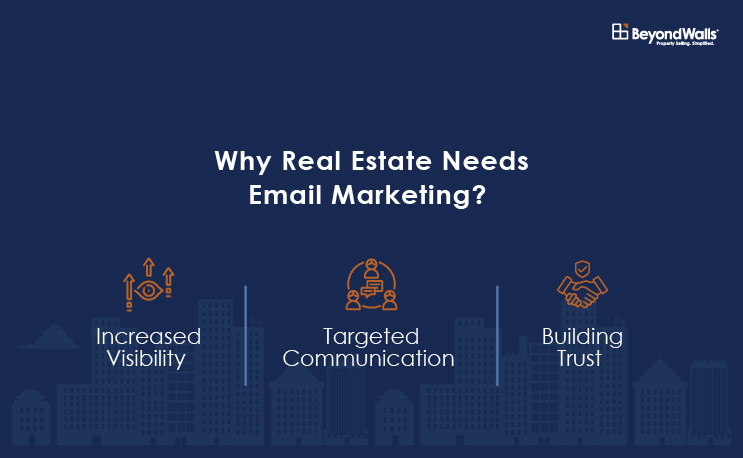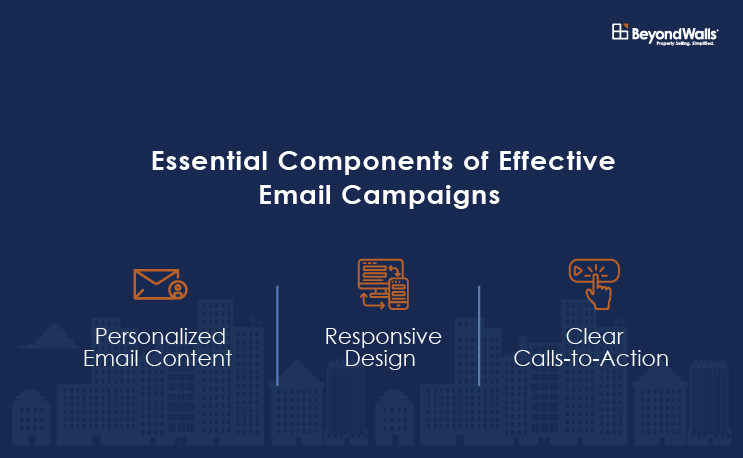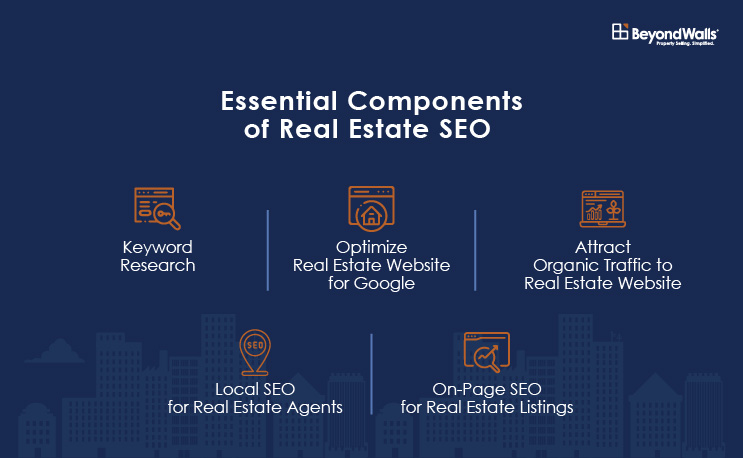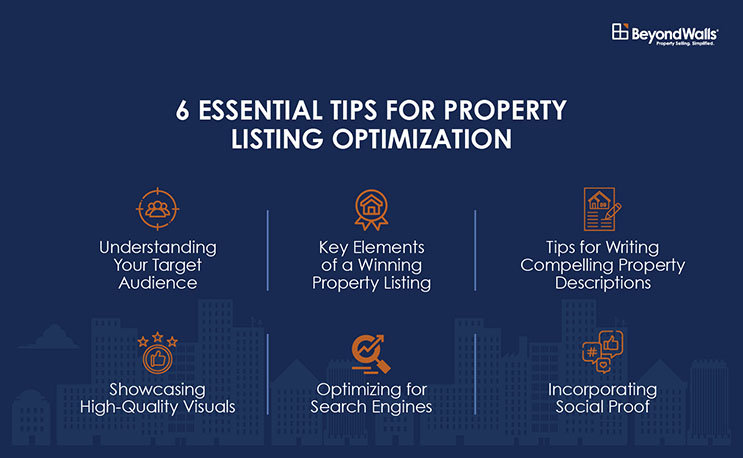The real estate market in Pune has been growing rapidly and showing strong resilience, making it one of the top choices for investors in India. Pune is famous for its culture and booming economy, which has led to an increasing number of people interested in buying property there. In this blog, we will discuss the real estate market in Pune in 2024, focusing on the important trends, opportunities for investment, and things to consider for anyone who is planning to invest in property in Pune.
Current Market Trends
The Pune real estate market trends demand has increased significantly in 2024, with both – people looking to buy homes and investors showing interest. The Hindu Business Line reported that the number of homes sold in the first quarter of 2024 was 56% higher than in 2023. There are a few reasons behind this growth in the market.:
-
Increased Affordability and Growing Incomes:
More people can now afford to invest in real estate because they are earning more money and finding it easier to afford the cost.
-
Shift in Living Preferences:
The pandemic has led more people to prefer bigger homes with fancy features, which has increased the demand for luxury homes in Pune.
-
Low Unsold Inventory:
The quick sales of new projects have greatly reduced the number of unsold homes, making sure that the housing market stays steady.
Key Locations for Investment
Pune area has some great spots for investing in real estate because they are in good locations and growing quickly.
-
Hinjewadi
-
Baner
Baner is a lively neighbourhood with a combination of homes and businesses. Its location close to the Mumbai-Pune Expressway and great community facilities make it a top choice for people looking to buy a home in Baner. It provides the best localities in Pune for investment.
-
Kharadi
Kharadi is quickly growing into an important area for technology and business. With new housing projects and great facilities, it’s a great place to consider investing in
Hinjewadi, located in Pune, is a popular area known for its great connection to highways and infrastructure projects. It’s also home to many top IT companies and offers a variety of places to live. Because of these reasons, it’s a great place to consider for property investment in Pune.
Project Developments
The real estate market in Pune is full of new homes and offices that come in different sizes and layouts to meet different needs and budgets. These places have all the modern amenities, green spaces, and advanced security to appeal to people looking to invest. Panchshil Business Park: Found in Baner, this office space has all the latest facilities to cater to the increasing need for high-quality workspaces. World Trade Centre Pune: Located in Kharadi, this famous development is home to many big companies, making the area even more appealing for commercial real estate.
Return on Investment (ROI) Potential
Thinking of investing in Pune’s real estate market? You might be in for a good return on investment. The city’s growing economy and improving infrastructure make it an attractive place to invest. Recent data and examples show that property rates in Pune areas like Hinjewadi and Kharadi have gone up by 19 to 25% in the last three years. In 2023 and 2024, it will increase more than 30% in promising markets.
Legal and Financial Considerations
When investing in Pune’s real estate market, it’s very important to understand the legal and financial aspects involved.
Legal Aspects
Ensure compliance with RERA regulations, which enhance transparency and protect buyers’ interests. Verify the property’s legal status, title, and approvals before purchase.
Financial Considerations
Explore various financing options, including home loans with competitive interest rates. Understand the taxation aspects related to property investment, including stamp duty, registration charges, and capital gains tax.
Customer Benefits
Investing in Pune’s real estate market offers several benefits:
-
Capital Appreciation:
Growth of the property value appreciation makes it a lucrative investment.
-
Rental Income Opportunities:
Pune’s growing population and influx of professionals create a strong demand for rental properties.
-
Quality of Life Improvements:
Residents’ access to top-tier amenities, green spaces, and modern infrastructure enhances their quality of life.
-
Portfolio Diversification:
Real estate investment provides a tangible asset, diversifying your investment portfolio.
Tips for First-Time Investors
For first-time investors, the following tips can help navigate Pune’s real estate market:
-
Conduct Thorough Research:
To know the market trends and property trends in Pune and potential growth areas.
-
Perform Due Diligence:
Verify the property’s legal status, approvals, and builder’s reputation.
-
Choose the Right Property:
Consider factors like location, amenities, and future growth prospects.
-
Consult Experts:
Seek advice from real estate consultants and legal experts to make informed decisions.
Conclusion
Thinking about buying property in Pune? Pune is a great place to consider in 2024. It has a strong economy and a good location, and people’s preferences are changing in ways that make it an attractive place to invest. It can be a bit expensive, but the government and market are working on ways to make it more affordable. It’s important to be careful because of uncertain global politics, but the housing and business property markets seem to be connected, which is promising. Pune is also very innovative and has a young population, making it a good place for international business and economic growth. If you’re thinking about Real Estate Investment Pune, now’s a good time to do it! You can find investment opportunities in Pune’s real estate properties market by checking out Beyondwalls, which is one of the best property sites in India. They can give you personalized advice and help you learn more about specific properties and trends on online property portals in India.
































